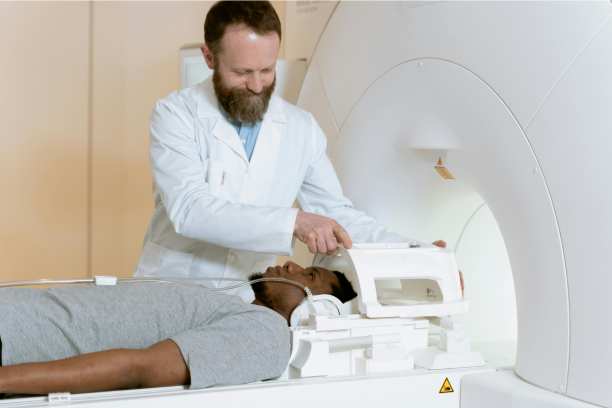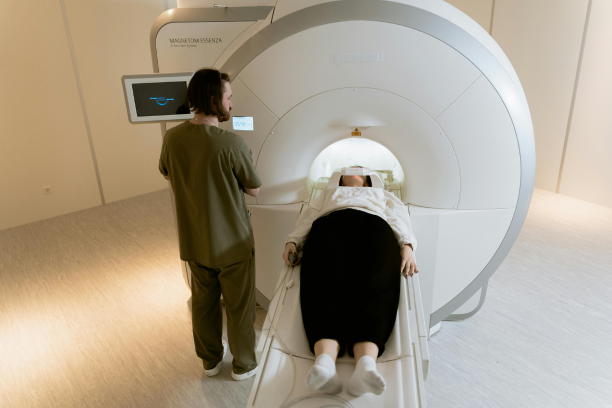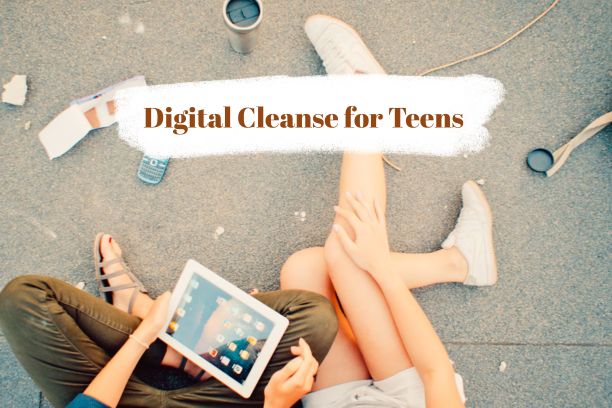Why Digital Detox Is Crucial in 2025
In 2025, our phones don’t just buzz they demand our attention 24/7. From the moment we wake up, we’re bombarded with notifications, news, and social feeds. If you’re dealing with ADHD or anxiety, this constant digital overstimulation can feel like an emotional avalanche. For users in the USA, UK, and Canada, rising mental health concerns are increasingly linked with technology overuse. As a result, a digital detox for anxiety and ADHD offers a natural and drug-free treatment. Not only does it help reclaim your peace of mind, but it also improves focus, reduces brain fog, and lowers stress hormones.
The Science Behind ADHD, Anxiety & Digital Overstimulation
Studies show that excessive screen time floods the brain with dopamine, the same chemical triggered by addictive substances. In particular, for individuals with ADHD, whose brains already struggle to regulate dopamine, digital devices act like gasoline on a fire. Furthermore, when you add anxiety disorders into the mix, the result is reduced sleep, heightened stress, and ultimately, constant restlessness.
A digital detox for ADHD and anxiety helps reset brain chemistry by reducing constant digital inputs. It gives your mind a chance to breathe, focus, and heal naturally without needing medication.

Digital Privacy & Mental Health | The Overlooked Connection
In 2025, our screens aren’t just entertaining they’re also watching us. With this in mind, data breaches, ad tracking, and surveillance apps are growing more invasive, which means mobile privacy is now directly linked to mental wellness. For example, in the UK, the Online Safety Bill enforces stricter data rules. Meanwhile, in the USA and Canada, CCPA and federal privacy laws are actively pushing back against digital overreach.
This constant surveillance leads to “privacy fatigue” a sense of helplessness that quietly fuels anxiety. A digital detox not only frees your time but protects your mental clarity by removing the emotional weight of being always watched.
ADHD and Anxiety Relief without Meds | Why Detox Works
Not everyone wants to rely on prescriptions. A digital detox offers a natural ADHD treatment that reduces brain fog and improves focus. For anxiety sufferers, less screen time means fewer dopamine spikes, better sleep, and lower cortisol levels.
“I turned off my notifications for a week and felt like I could breathe again. My anxiety went down, and my focus improved.”
In both the USA and Canada, holistic therapists now recommend scheduled digital breaks as a first step in mental health recovery.
How to Start a Digital Detox | Beginner Tips for 2025
Starting small is key. Here’s a 5-step plan to begin your digital detox journey:
- Set app limits with built-in screen time controls.
- Turn off push notifications.
- Replace late-night scrolling with reading or journaling.
- Take a “tech Sabbath” one screen-free day per week.
- Use a paper planner instead of your phone calendar.
These changes improve digital hygiene, reduce screen-induced anxiety, and help build emotional resilience.
ADHD-Friendly Digital Detox Routines
For neurodivergent users, routines need to be flexible yet structured. Here’s a custom digital detox routine for ADHD:
- Morning: No screen until after breakfast
- Afternoon: 15-minute device-free breaks every hour
- Evening: Blue light blockers + digital curfew at 8 PM
Pair this with tools like visual timers, printable planners, and fidget-friendly alternatives to smartphones.
Tools & Apps That Support Detox Without Tracking
Look for privacy-focused detox apps that don’t monitor your behavior. Our top picks for 2025:
- One Sec (interrupts impulsive app usage)
- Minimalist Phone (distraction-free launcher)
- Focus Bear (ADHD-friendly productivity tool)
Each app offers non-invasive support that protects your data while enhancing focus and calm.
Real Stories | How Digital Detox Changed My Mental Health
From London to Toronto to Austin, users are sharing how unplugging gave them their lives back:
“As someone with ADHD, deleting TikTok was life-changing. I sleep better and feel more in control.”
“After a week without Instagram, my anxiety levels dropped. I had time to focus on real hobbies.”
These testimonies are powerful proof that digital detox for anxiety isn’t just a trend it’s a transformative practice.
Legal Protections | Your Rights During a Digital Detox
In 2025, legal frameworks in the USA, UK, and Canada now recognize the mental health impact of digital exposure. Highlights:
- UK: Online Safety Bill requires app transparency
- USA: CCPA empowers users to opt out of data collection
- Canada: Proposed Digital Charter expands consent requirements
Knowing your rights helps ease digital burnout and supports a longer-term digital wellness journey.
Conclusion
Think of your digital detox not as a one-time fix but a lifestyle shift. Weekly unplugged hours, tech-free hobbies, and mindful screen use all contribute to reduced anxiety and improved ADHD management. Over time, your brain recalibrates, your focus sharpens, and your peace of mind returns.
FAQs
How long should a digital detox last to help ADHD or anxiety?
Even a 24-hour detox can provide clarity. For long-term benefits, aim for weekly detox blocks and daily device-free routines.
Can digital detox really reduce anxiety without medication?
Yes. Many experience lower cortisol levels, improved sleep, and fewer mood swings after consistent detox practices.
What’s the best time of day to do a digital detox?
Evenings are ideal. Reducing screen exposure 2–3 hours before bed improves sleep quality and emotional regulation.
Are there digital detox tools for kids or teens with ADHD?
Yes. Apps like Forest or Focus Bear are child-friendly, and you can implement screen-free family time daily.
Is digital detox recommended by professionals in the UK, USA, and Canada?
Absolutely. Therapists across these regions increasingly suggest detoxing as part of ADHD and anxiety care plans.




